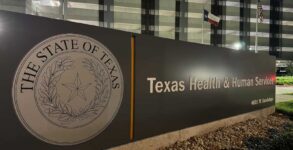Governments around the world have drastically increased their attempts to manipulate information being shared on social media networks, contributing to a seventh consecutive year of decline in internet freedom, a global report said.
In its annual report released late Monday, the Washington-based Freedom House said that manipulation and disinformation tactics on the internet played an important role in the elections of at least 18 countries, including the US, thereby “damaging citizens’ ability to choose their leaders based on factual news and authentic debate”, reports Efe news.
The report “Freedom of the Net 2017” assesses the situation in 65 countries, or 87 per cent of global internet users, from June 2016 to May 2017.
“The content manipulation contributed to a seventh consecutive year of overall decline in internet freedom, along with a rise in disruptions to mobile internet service and increases in physical and technical attacks on human rights defenders and independent media,” it said.
The governments of a total of 30 countries “deployed some form of manipulation to distort online information, up from 23 the previous year.
“Paid commentators, trolls, bots, false news sites, and propaganda outlets were among the techniques used by leaders to inflate their popular support and essentially endorse themselves.”
Most governments focused on public opinion within their own borders “but others sought to expand their interests abroad – exemplified by a Russian disinformation campaign to influence the American election”.
For the third consecutive year, China was the worst abuser of internet freedom in the world, followed by Syria and Ethiopia.
Less than a quarter of the world’s internet users reside in countries where networks are designated as “free”, which, according to Freedom House, means that “there are no major obstacles to access, onerous restrictions on content, or serious violations of user rights in the form of unchecked surveillance or unjust repercussions for legitimate speech”.
Since June 2016, 32 of the 65 countries evaluated in the report saw their situation deteriorate; the most notable setbacks were registered in Ukraine, Egypt and Turkey.
Internet in Venezuela was declared not free in the report due to decreased access, increased censorship along with blockades and technological attacks against media and non profits.
In Mexico, illegal surveillance practices reported in investigations revealed that government spyware was allegedly attacking people involved in investigating corruption and human rights abuses.
Freedom House tracks the status of freedom, democracy and human rights in the world.
(IANS)


















